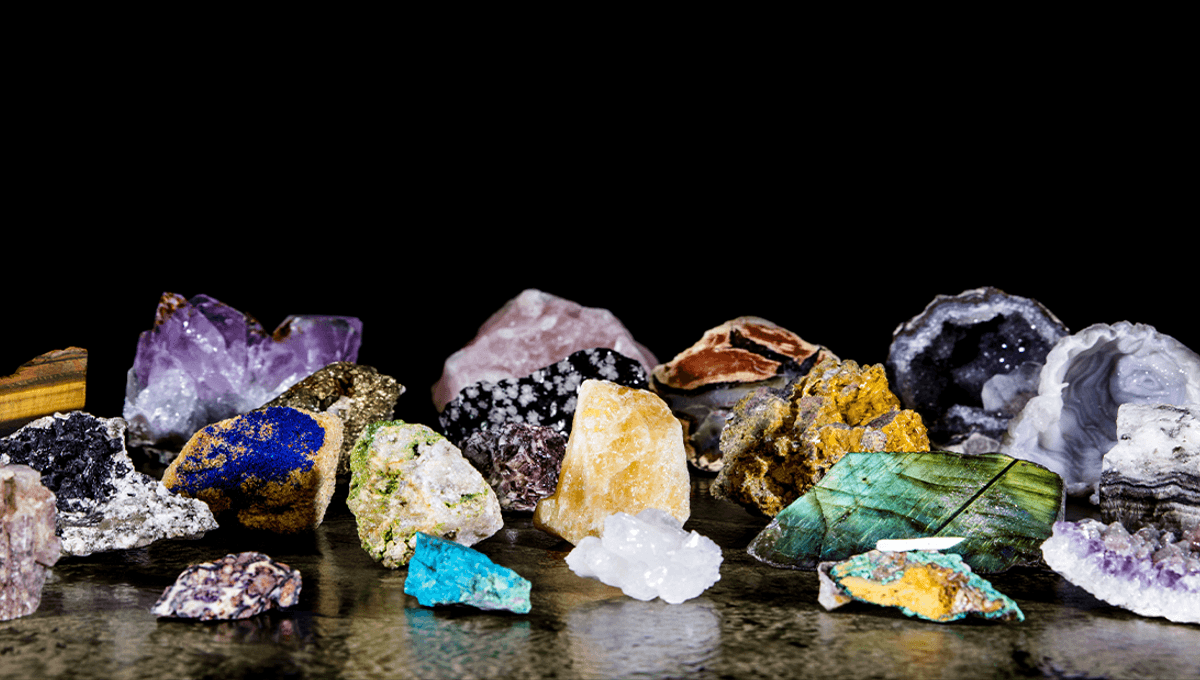
Chances are you’re not going to stumble upon a vein of emeralds glistening in your back garden. But just in case you do happen to find some exciting gemstones on your next rockhounding trip, here’s what the policies say about keeping any sparkling treasure.
To start with though, what is actually classed as a gem? Unlike gold and silver, which are chemical elements, gemstones are minerals usually with a crystal structure. However, some substances like amber are considered gemstones though it does not have mineral properties as it is made of fossilized tree resin.
Gems are typically cut or polished and can be made into jewelry or decorative pieces. Each state in the US has its own state mineral, rock, or gemstone, sometimes even all three (looking at you, New Hampshire).
As with gold and meteorites, the first thing to consider is that the rules vary a lot depending on which country you’re in, which part of the country you’re in, and who owns the land that you plan to go gemstone hunting on.
You might think you’d be safe to keep the gems you’ve found in your own back garden but that is not necessarily the case. Even if you own the land you’ve found a gemstone on, the legalities of who actually owns what you find can get a bit messy.
Sometimes the mineral rights to a property are separate from the surface rights. Usually, a deed gives the owner the rights to the land and everything underneath it but in some cases, this can be separate from the mineral rights, and that bright shiny opal you just found doesn’t actually belong to you.
Some specialist areas in the United States will let you come for a family day out gem hunting. Emerald Hollow Mine in North Carolina is the only emerald mine in the US that will let you hunt for your own treasure and then take it home, just make sure you pay the entrance fee. If diamonds are more your style, then, similarly, the Crater of Diamonds in Arkansas is the only place you can keep your sparkling carbon findings.
Gemstone hunting or rockhounding on state or federal land in the United States also has tricky rules. You are allowed to rockhound on public land but generally not at National Parks or National Monuments. Usually, the land is owned by the government, meaning any gems you find probably belong to them. However, the mineral rights might have been changed at some point in the history of the land so the gems you’ve discovered could even belong to a business or private owner.
If you’re still confused about the rules, the best thing is to contact the Bureau of Land Management, or the local area Parks Department to check what the rules are for your area or situation. Largely, though, most places will let you rockhound on public land as long as you only take a reasonable amount of gems that are not for commercial sale.
“Check with the local Ranger District for information. Depending on the type of material to be removed, it may be subject to specific laws, such as the General Mining Act of 1872 as amended, mineral withdrawals, or the lands may be split estate where the United States owns the land but not the minerals,” Kevin Johnson, Geologist with the U.S. Forest Service told Rock & Gem.
Source Link: If You Find A Precious Gemstone Can You Keep It?